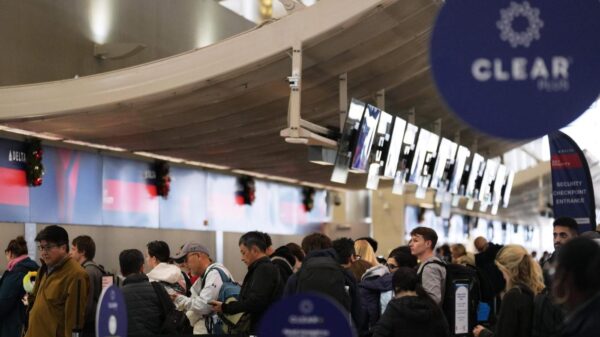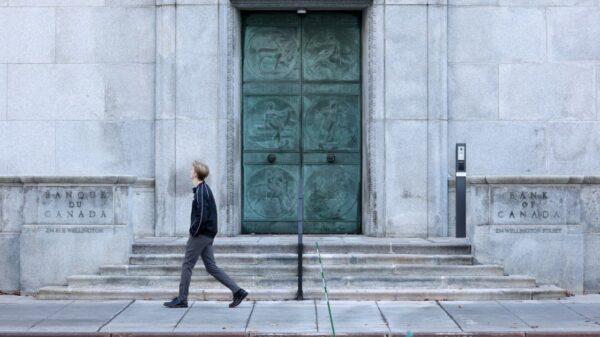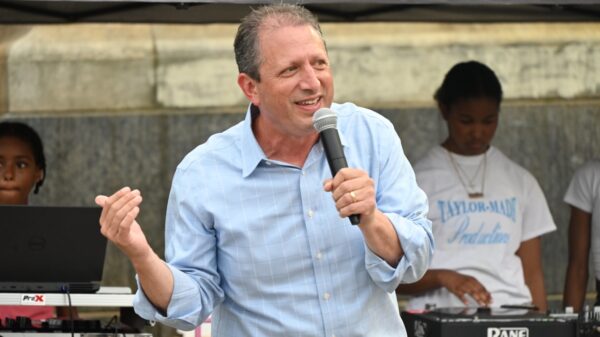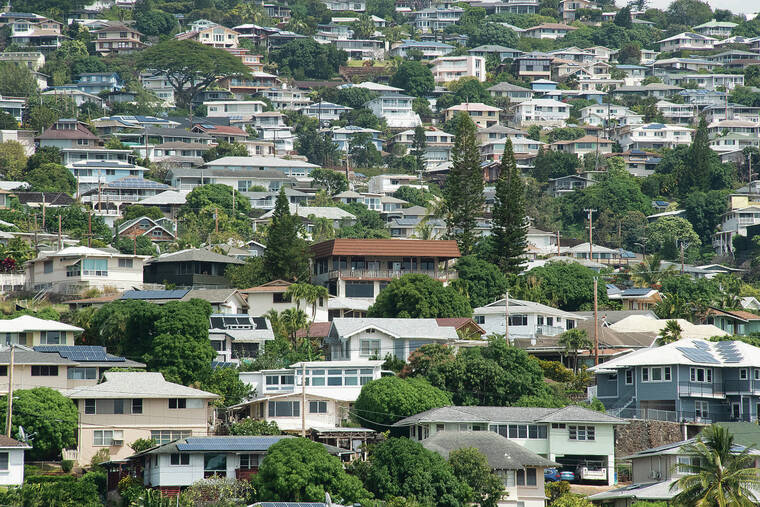The Honolulu City Council approved two significant measures on August 30, 2023, aimed at alleviating the financial burden of high property taxes on homeowners in Oahu. The Council passed Bill 49 and Bill 50, which amend existing city laws regarding real property tax exemptions. This legislation is expected to provide crucial relief, particularly for senior citizens on fixed incomes.
Both bills modify the real property tax exemptions for eligible homeowners, with Bill 50 increasing the base exemption from $120,000 to $140,000. This adjustment will reduce the taxable value of owner-occupied homes, thereby lowering property tax bills. For example, if a home is assessed at $1 million, the owner would only be taxed on $860,000 of that value.
Bill 49 specifically addresses homeowners aged 65 and older, raising their tax exemption from $160,000 to $180,000. This change means that a senior homeowner whose property is valued at $1 million would pay taxes on $820,000. Both exemptions are set to take effect for the tax year beginning July 1, 2027, and will be applicable thereafter.
The bills were introduced in June by Council Chair Tommy Waters and Council member Val Okimoto. Prior to their passage, the measures received mixed reactions from stakeholders. During a Budget Committee meeting in July, Andy Kawano, Director of the city’s Department of Budget and Fiscal Services, expressed that while the city does not oppose the legislative package, there are implications for tax revenues.
Kawano noted that increasing the exemption by $20,000 for each taxpayer equates to a revenue loss of approximately $70 per parcel. With nearly 80,000 properties owned by seniors, the total loss in tax revenue from Bill 49 alone could reach around $5.6 million. Kawano emphasized the need for comprehensive discussions about these types of tax-related bills to understand their overall impact.
The projected revenue loss for Bill 50 is estimated to be about $5 million, raising concerns among council members regarding the city’s financial stability. During public comments, resident Natalie Iwasa expressed her opposition to both measures, arguing that they create a disparity between homeowners who occupy their properties and those who rent them out. She urged the Council to seek other methods for tax relief.
Despite these concerns, Council member Augie Tulba voted “with reservations” in support of both bills, acknowledging the potential revenue loss but stressing the importance of providing tax relief to residents. He highlighted that the annual savings for seniors would be modest, at around $70. Tyler Dos Santos-Tam called for a more comprehensive reform of the property tax system rather than limited exemptions.
Following the meeting, Waters stated that the measures would provide “practical relief” by increasing the home exemption and the senior exemption, which he believes will significantly benefit those who need it most. He reassured constituents that the fiscal impact on the city’s budget would be minimal, constituting less than a quarter of one percent of residential property tax revenue.
Ultimately, the Council unanimously passed Bill 49 with an 8-0 vote, while Bill 50 was also adopted with the same majority, though Council member Radiant Cordero was absent during the vote. The approval of these bills marks a notable step in addressing the financial challenges faced by homeowners in Oahu, particularly the elderly population.








































































